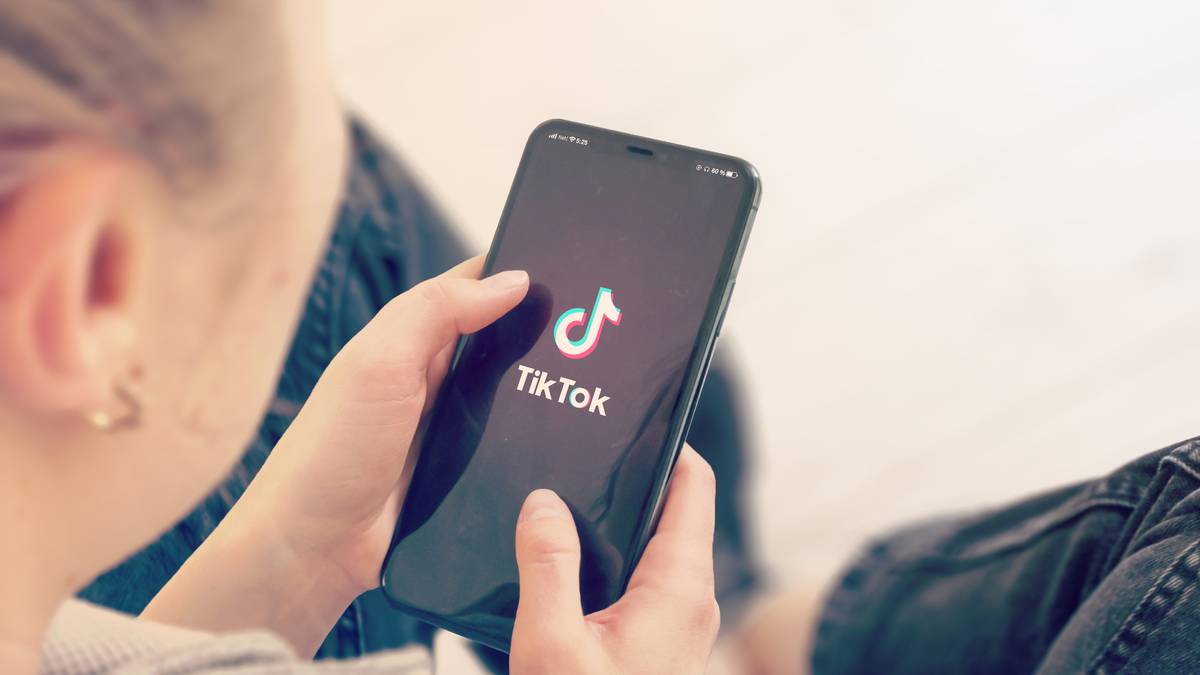OPINION:
The world’s most popular social media app, TikTok, has been banned in several countries, sending shockwaves through the tech world.
The app has faced several controversies, including concerns over online privacy and threats to national security. TikTok bans have been implemented in India and Australia. Last month, Canada announced a ban on TikTok from government-issued devices. Two weeks ago, the United States purged the app, giving government agencies 30 days to ensure their federal devices and systems eliminated TikTok.
Chinese entity ByteDance Ltd owns the app, and following China’s ‘spy balloon’ incident, it’s evident why there’s been a surge in national security concerns around the world.
Advertisement
The app’s data collection practices are also troubling and overly intrusive, with the potential to be used for nefarious purposes. TikTok collects user data such as location, device information and browsing history – down to keystrokes.
The app has also faced criticism for its censorship policies, which some believe are designed to suppress certain types of content. The United States has been particularly vocal about its concerns over TikTok. In 2020, former US president Donald Trump signed an executive order banning TikTok, citing national security concerns. A federal judge later blocked the order, but the issue has remained controversial.
As we head into an election year, fears of foreign interference are a genuine concern. There’s no doubt TikTok could be used to spread disinformation, manipulate, or even collect sensitive information about Kiwis.
This isn’t an outlandish observation either, since algorithms constantly manipulate the content an individual receives. The next generation is consuming digital content at an unprecedented rate – the result of an attention-span-demic – making finding a solution that much harder. Our Government has not yet implemented a TikTok ban, but the potential effects of the app on the country’s privacy and national security are worth considering.
Advertisement
We are the home of Kiwi ingenuity. Why not tap into our growing tech sector? Investing in local tech companies and entrepreneurs who develop homegrown apps can offer alternatives to foreign companies that may have different values.
Let’s educate the public about the risks associated with digital platforms. This could include providing information on how to protect personal data, how to spot potential scams and report suspicious activity. Banning the use of TikTok on Government-issued devices may be the spearhead we need. Limiting the app’s reach from the top will set a precedence for businesses, citizens and society. However, it shouldn’t end there.
These global TikTok bans shouldn’t be taken lightly, especially given the increasing reliance on digital technologies in all aspects of life, from personal communications to financial transactions and interactions with the Government.
Data privacy and national security are critical issues affecting every individual and country, and we must take them seriously. We are not immune to foreign intervention, and the upcoming election raises the stakes. Let’s not wait until after the fact to take precautions. With the way the world is advancing, one thing is clear: it’s time to take action to protect our digital future.
Maxim Institute is an independent think tank working to promote the dignity of every person in New Zealand by standing for freedom, justice, compassion, and hope.




